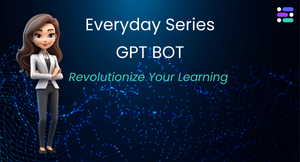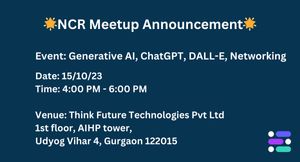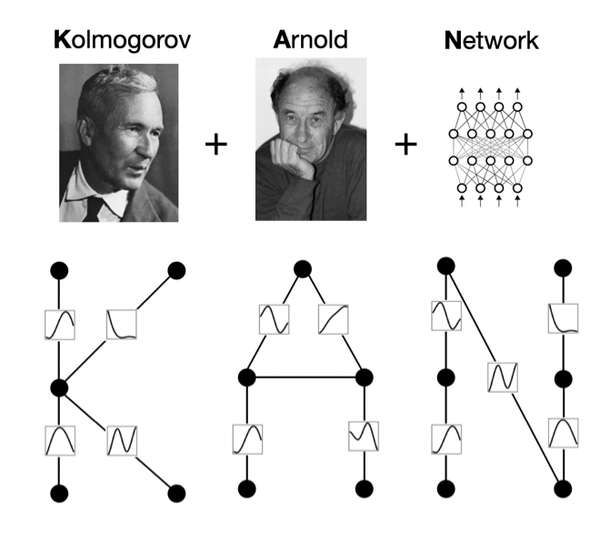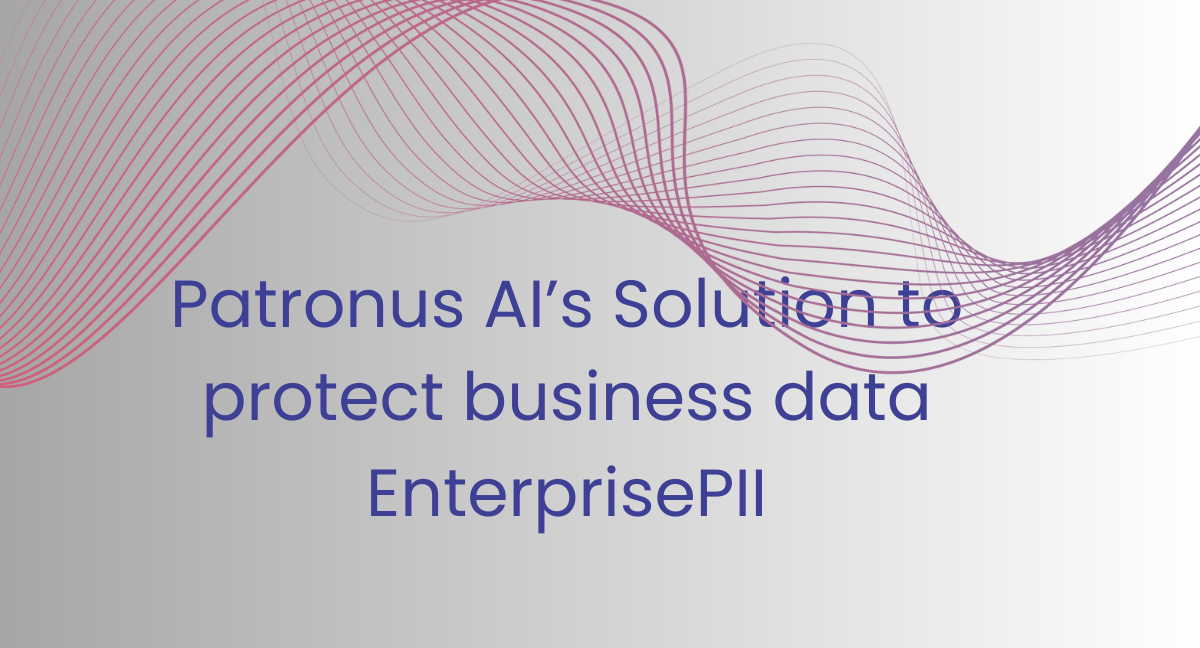If you like our work, please consider supporting us so we can keep doing what we do. And as a current subscriber, enjoy this nice discount!
Also: if you haven’t yet, follow us on Twitter, TikTok, or YouTube!
What is an Agent?
The agent is a software entity that is capable of independent action in order to meet its design objectives.
Multi-agent systems (MAS) are systems composed of multiple agents that interact with each other to accomplish a common task or goal. Multi-agent systems can be used to solve a variety of problems, including those that are difficult or impossible for traditional single-agent systems to solve.
How do multi-agent systems work?
Multi-agent systems consist of a number of agents that are each autonomous and capable of interacting with other agents in the system. The agents in a MAS can be either software agents or robotic agents. The agents in a MAS interact with each other in order to achieve a common goal. The agents in a MAS can be heterogeneous, meaning they can have different capabilities and skills.
What are some applications of multi-agent systems?
Multi-agent systems have a wide range of applications. Some example applications of MAS include:
- Traffic control
- Fault diagnosis
- Distributed robotics
- Network routing
- Protein folding
- Distributed AI
- Economic modeling
What are some benefits of multi-agent systems?
Multi-agent systems offer a number of benefits over traditional single-agent systems. Some benefits of MAS include:
- They can be composed of agents with different capabilities and skills.
- They can be composed of a large number of agents.
- They can tolerate the failure of individual agents.
What are some challenges of multi-agent systems?
Multi-agent systems face a number of challenges. Some challenges of MAS include:
- Coordination: Agents in a MAS must be able to coordinate their actions in order to achieve the MAS’s goals.
- Communication: Agents in a MAS must be able to communicate with each other in order to coordinate their actions.
- Trust: Agents in a MAS must be able to trust each other in order to cooperate.
Do you like our work?
Consider becoming a paying subscriber to support us!









